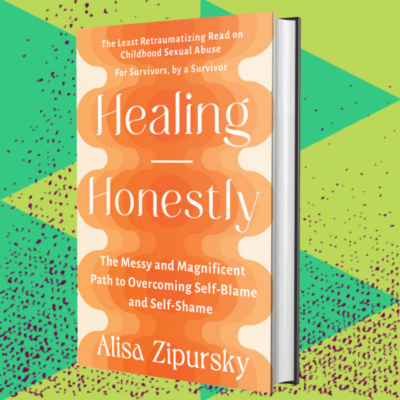This story talks frankly about dating while being a survivor and references being triggered during sex. It does not describe the trauma itself.
Dating while being a survivor can be complicated. Dating in general is a real doozy, let’s be clear. But when we add trauma plus sex it can equal a whole lot. I know that I’m not alone in thinking that it’s tricky because it’s one of the questions I’m asked most often by you amazing fellow survivors: how do we date while healing from our trauma?
I love getting this question, because hell yes we should be dating if we want to be dating!
And it’s funny because when I talk to non-survivors and tell them how big of a deal the question about dating is, they’re usually surprised. Maybe it’s because there’s often an unspoken assumption that we, as survivors, should sort of just be grateful to have survived, and demanding things like a healthy love life seems extra or superficial.
But it is neither extra nor superficial; we are totally entitled the love lives we want!
So let’s get ours, yaknowwhatimean?
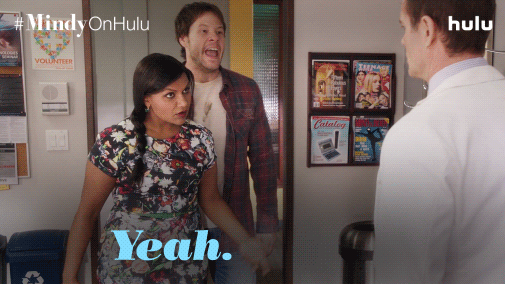
Our stories our only ours, and we decide when we share them
The first and most important thing to remember is that we are in control. We get to decide if we tell a date, when we do, and how much we tell. No one is entitled to know about our survivorship, no matter how long we may be dating them. It is a decision we get to make and no one else can dictate that for us.
Listening to our gut about what makes us feel safe
As my bestie Kate says: we are the experts in our own safety. This is a great opportunity for us to connect with our gut instinct, and listen to what it says about what makes us feel safe. Perhaps the thought of disclosing to someone makes us feel unsafe, and we might not be sure why. That’s okay. We don’t need to know why, all we need to know is that we get to, and should prioritize doing what makes us feel safe. Our gut can also tell us that disclosing to our boo feels like a safe option, and that can be a really helpful sign too.
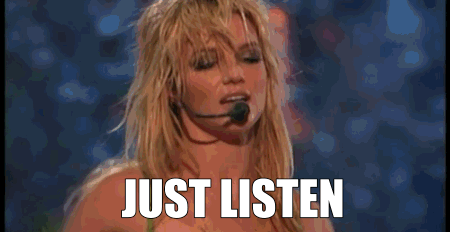
We decide how much we share with a date
If we do decide to share our survivorship with another person, it doesn’t have to be all or nothing. We may feel safer just telling them a little bit about our survivorship. We get to draw those boundaries. When I first started dating Charlie, I tiptoed around my survivorship, and I implied to him that I had PTSD and may have been a child sex abuse survivor. In retrospect, he didn’t really pick up on my implications, and it wasn’t until I explicitly told him months later that he really understood. While I recognize that it could’ve been helpful for me to be more explicit with him upfront, I trust that there was a reason I didn’t do that then, and that’s okay. I said what I wanted to say when I was ready to say it, and trusted that that’s enough.
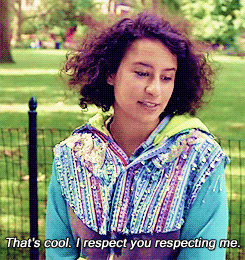
As it goes with any person in our lives, we do not have to answer any follow up question we don’t want to ask. This one is still hard for me, and I’m practicing it, but I feel like I should answer every question I’m asked about my survivorship when someone asks (by the way: I really feel this way about non-survivors, interestingly, other survivors never actually pry about my shit, I think because we all know how crappy it can feel) But no matter how close that person is to me, I still decide what questions I answer. I draw boundaries on what I’m willing to share. People sometimes think they’re entitled to know all the deets they crave for a variety of reasons, but they aren’t entitled to shit. (Ugh I really wish I could start taking my own advice on this!).
Example: A few years ago I was seeing this one guy we will call Tim. I didn’t tell Tim that I’m a survivor, only that I had PTSD and that as a result, I sometimes have to stop having sex at really inopportune times. For me, I didn’t want to answer any questions about my trauma, I just needed to know that if I was triggered and I wanted to stop having sex that he wouldn’t turn it into this enormous thing like I’d experienced in the past. I also knew that if I didn’t tell him, that I’d feel so much pressure to not be triggered during sex that inevitably that would be its own self-fulfilling prophecy and I’d definitely be triggered. It was the right decision at the time for me because it’s what made me feel safest in that moment.
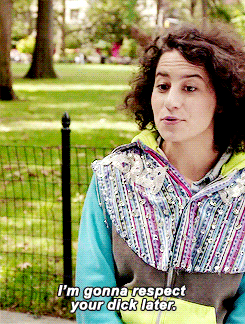
Yes, it can be a disappointing experience
Listen, this website has “honestly” in the title of it, I cannot lie about how disappointing some experiences I’ve had with disclosure have been, especially with dudes I was super into. The hardest part about disclosing is that we have no control over how the other person is going to react. And it can suck. They can say the wrong things, and we don’t have control over how that makes us feel.
One of the first posts I ever wrote was about this dude I dated, Isaac, who I told about my survivorship after I was triggered during sex. Isaac made the whole experience about him, saying it must’ve meant I wasn’t really “into” him and that my whole story of repressed memory about my trauma sounded like bullshit. His reaction triggered me, and it took me time to get over it. In retrospect, dude was obviously not the kind of person I wanted inside or around me, but it was a painful way to have to learn that about him.
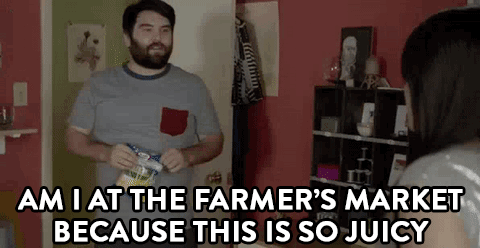
We can tell people exactly what we want them to say
Sometimes when I disclose to someone I want to try to mitigate the risk of them saying the wrong thing and triggering me, so I preemptively tell them exactly what I want to say. Some ways it has sounded include:
- “I know this is a lot to take in I definitely don’t expect you to know how to react. I just want you to say that you hear me and you believe me.”
- “I don’t really want to talk more about it, I just wanted you to know and I just wanted to hear you say that you support me and you’re around if I want to talk more in the future.”
- “I don’t need you to say anything, I just wanted you to know.”
Is there hope if they mess up big time?
Maybe disclosing to your boo didn’t go so great. As established earlier, BEEN THERE. Here’s the really important difference, in my opinion, between the people who’ve fucked it up: Are they (A) ignorant but willing to learn or (B) ignorant and make it all about them?
If A, great! We can work with that! You can skip ahead to the next section if you so please!
If B, woof, it’s hard. I know. It’s really hard to build a relationship with someone who makes your trauma about them. It can look like them taking it really personally and their ego being bruised when you ask them to offer you a different kind of support, or stop doing something that triggers you. They take the symptoms of your trauma as evidence that you aren’t super into them. They get upset that you didn’t disclose to them earlier, or they get frustrated that you don’t answer or all their questions about your trauma and don’t respect your boundaries, or when you do that it doesn’t “add up” or make sense to them.
If you’re experiencing that I want to say two things: 1. I’m here dude, and I know how painful that can be and 2. We all deserve and are entitled to love lives with partners that give us meaningful support.
For a boo who wants to learn how to be supportive to a survivor
For a boo who is willing to learn I have some things to offer them!
- This Q&A I did with Charlie about his advice for dating a survivor. I’ve heard from people that it’s really helpful to hear from Charlie’s point of view, so hopefully you find it helpful too!
- A piece I wrote with my bestie Kate about being a good friend to a survivor. Yes, it’s about being a friend, not a boo per say, but since friendship is the basis of loads of relationships I think the advice is pertinent!
- How to Love Someone with PTSD by Alyssa Fountain, a great short article on the Mighty.com.
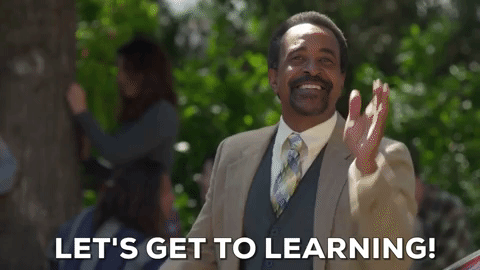
Debunking the myth that you can’t love until you love yourself
My god, how many times have you heard that cliche? Not only is it super tired, it also is super fucked up.
That sentiment is really some ableist nonsense, and this definitely isn’t an original thought of mine, there’s loads of good writing out there like this and this. But that myth is super harmful to those of us with mental illness for whom the journey of loving ourselves is complex. There is no finish line of self-love, mental health, or healing that we need to be at in order to be in a loving relationship. That’s some hot garbage.
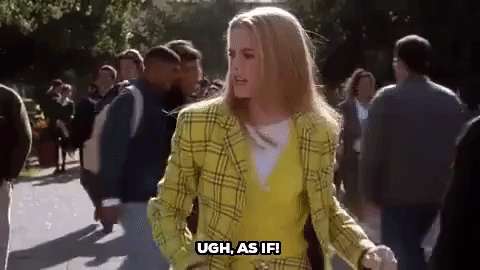
But yeah, it’s hard. And it doesn’t mean there’s anything wrong with us! It’s hard because healing while in a relationship requires a compassionate, empathetic partner who is willing to learn, and that can be hard because finding people that aren’t trash can be hard. (Anyone who’s ever online dated knows what I’m talking about).
I have an incredible partner in Charlie, but he isn’t a heroic martyr. I’m fucking great. And so are you. We deserve boos who are willing to work at being the best partners they can be to us, because we’re pretty awesome partners too.
Shoutout to the many conversations I’ve had with other survivors the past 18 months that 100% informed this piece. You all mean the most to me.

